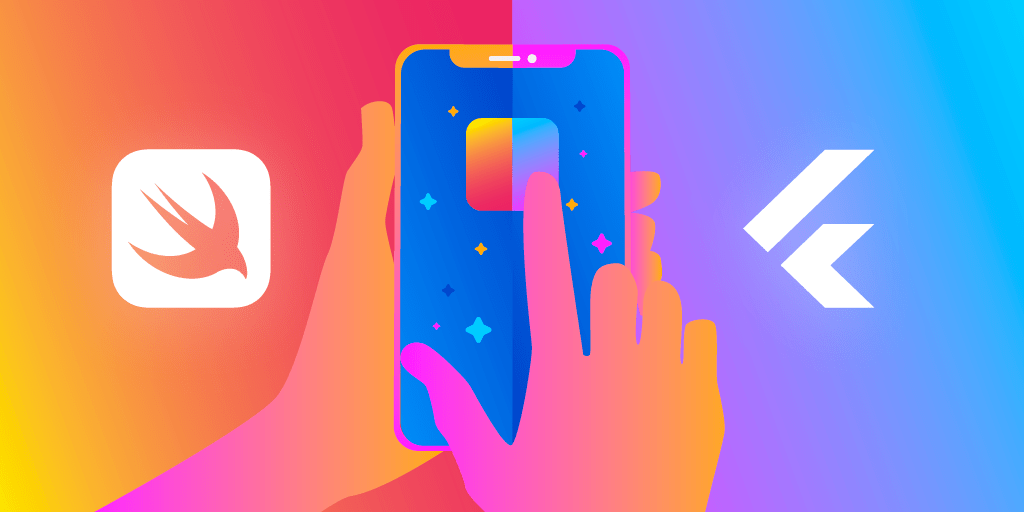Summary: For developers looking to build iOS apps, choosing between Swift and Flutter can be a difficult decision. Both programming languages are popular choices, but each has its own pros and cons. In this blog, we’ll explore the advantages of both and provide a detailed comparison to help you make the best decision for your project.
Before delving into the specifics, it’s important to understand the basics. Flutter is a cross-platform language used to create iOS apps, while Swift is a native mobile app development language specifically for iOS. While there’s an ongoing debate about which is the better technology, the choice ultimately depends on your project requirements.
Let’s take a closer look at the pros of each language. Swift is known for providing impeccable user experience, high performance, security, and powerful functionality. On the other hand, Flutter has a wider reach, allows for quick time to market, has a single code-base, and makes it easy to create apps for multiple platforms with minimal effort.
Swift is a popular choice for native iOS app development. It’s an open-source language known for its safety and fast programming, and it’s easy to maintain and read. Flutter, meanwhile, is a free and open-source language that enables faster code writing and allows for development on multiple platforms.
To compare the two languages, it’s important to consider apps developed with each. Popular apps built with Flutter include Tencent, Google Assistant, Google Ads, The New York Times, and Alibaba. Meanwhile, Swift is used for apps such as Facebook, Slack, LinkedIn, Lyft, Uber, and WhatsApp.
When it comes to budget, Flutter may be a better choice for developers on a tight budget. The average monthly salary of a dedicated Flutter developer is around US$2000, while that of a Swift developer is around US$6810.
In terms of when to use each language, Swift is ideal for developing high-functioning iOS apps with complex architecture and high standards. It provides increased scalability and flexibility. On the other hand, Flutter is great for developing MVPs or prototypes, impressing potential investors, and exploring popular app marketplaces beyond just one native app.
Ultimately, the choice between Swift and Flutter depends on the type of app you want to develop and your comfort level with the development process. If you need professional assistance, there are experts available to guide you in the right direction.




